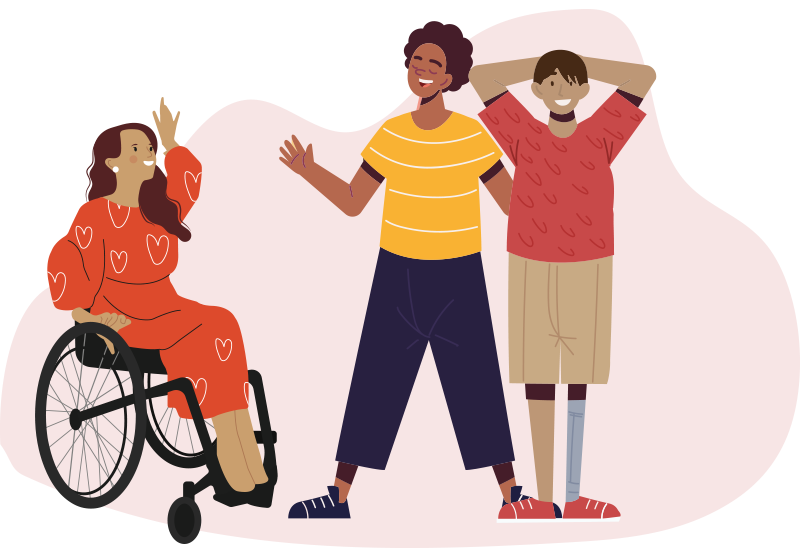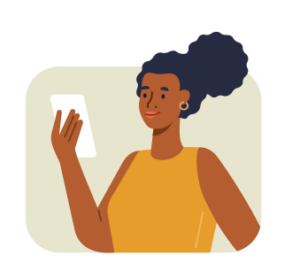Disability discrimination is a violation of your Human Rights. You are protected by:
- The Convention on the Rights of Persons with Disabilities
It is also unlawful to be discriminated against under Federal law in Australia, and state law in NSW:
- Disability Discrimination Act 1992 (Cth)
- Anti-Discrimination Act 1977 (NSW)






